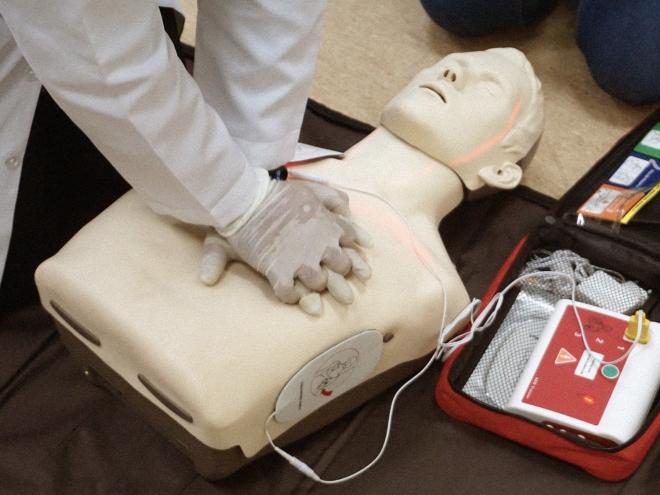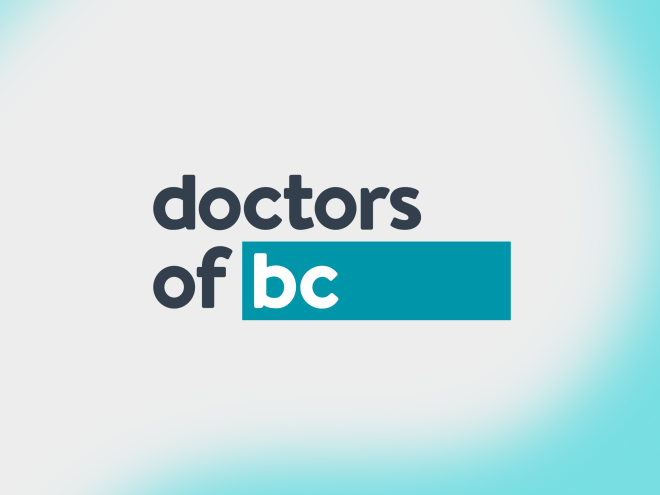November is CPR Month in Canada, a time to highlight the importance of learning how to perform CPR and use an Automated External Defibrillator (AED)—lifesaving skills that can double a person’s chance of survival after cardiac arrest.
Empowering students to save lives
CPR training empowers our young people with invaluable lifesaving skills that will benefit their friends, families, and communities, now and in the future.
We commend the BC government for implementing critical changes to the core education curriculum, which will provide CPR and AED training to students across the province—changes that Doctors of BC has long advocated for.
We have also supported community-based programs that offer naloxone and called for improved substance use care and prevention initiatives at the school level.
Doctors of BC’s advocacy efforts
In 2019, Doctors of BC and the ACT (Advanced Cardiovascular Treatment) Foundation sent a joint letter to the BC Ministry of Education, advocating for CPR and AED training to be made mandatory in the province’s secondary school curriculum, ensuring all BC students have access to it. The letter urged the Ministry to take steps to bring BC in line with other provinces, where CPR training is mandatory in schools.
In the years following our letter, BC did commit to implementing CPR training in schools. In early 2025, Doctors of BC sent a follow-up letter to the Ministry of Education, encouraging it to expand its CPR training requirements to include AED and overdose prevention training, along with access to the necessary equipment, as part of a comprehensive first aid curriculum for all BC secondary students.
Next steps
We also commend the government’s commitment to ensuring that all BC high schools will be equipped with AEDs and naloxone kits by December 31, 2025. Elementary and middle schools are expected to have access to these by September 2026.



